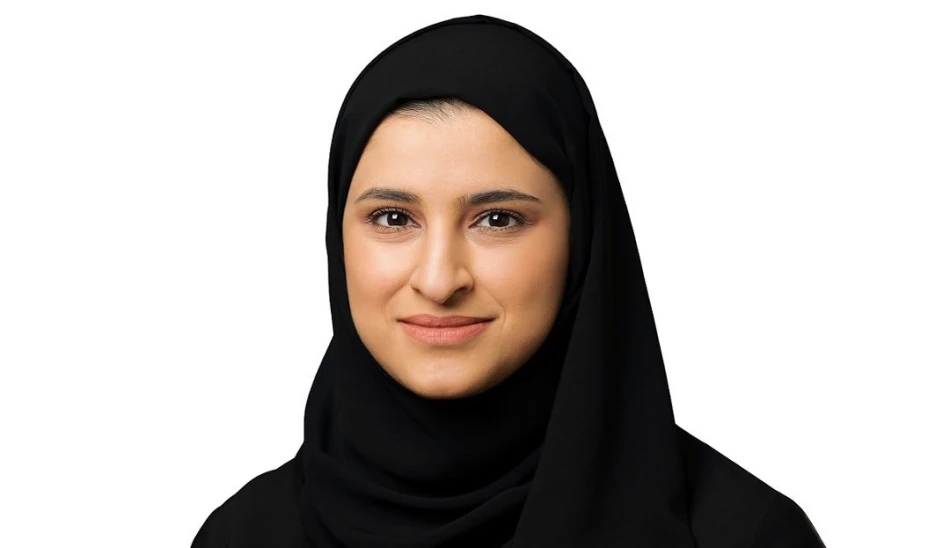
Exam Cancellation Announcement: Sarah Al-Amiri Shares Updates on Second Semester Finals
UAE Revolutionizes Education System with Major Assessment Overhaul for 2025-2026 School Year
The United Arab Emirates is launching a comprehensive transformation of its education system as over one million students return to school next Monday, marking a significant shift away from traditional testing methods toward continuous assessment. The reforms, which include scrapping second-semester final exams and opening nine new schools, represent the UAE's most ambitious educational restructuring in years as the nation positions itself as a regional leader in modern pedagogy.
Massive Infrastructure Expansion Meets Growing Demand
Education Minister Sarah Al Amiri announced that the country's schools are fully prepared to accommodate more than one million students across all educational levels. The ministry has strengthened the educational system's infrastructure with nine new schools distributed across various emirates, directly addressing population growth and providing modern, advanced learning environments.
This expansion comes at a critical time for the UAE, which has seen substantial population growth driven by economic diversification and an influx of international talent. The new facilities represent a proactive approach to educational planning that contrasts sharply with reactive measures seen in other rapidly growing economies.
Revolutionary Assessment Changes Signal Pedagogical Shift
End of Traditional Final Exams
The most striking reform involves eliminating second-semester final examinations entirely, replacing them with continuous and comprehensive assessment methods. This move aligns the UAE with progressive educational systems in Finland and Singapore, which have moved away from high-stakes testing toward more holistic evaluation approaches.
Al Amiri emphasized that these modifications aim to enhance critical thinking and analytical skills while reducing stress associated with traditional assessment methods. The shift reflects growing global recognition that standardized testing often fails to capture students' true capabilities and can create counterproductive pressure.
Focus on Real-World Skills
The new assessment framework prioritizes skills that employers increasingly value: analytical thinking, problem-solving, and adaptability. This approach mirrors reforms in countries like Canada and Australia, where educational systems have pivoted toward competency-based evaluation rather than memorization-focused testing.
Strategic Implications for UAE's Economic Vision
These educational reforms directly support the UAE's Vision 2071, which aims to make the country the world's best nation by its centennial. By emphasizing critical thinking and reducing exam-related stress, the UAE is investing in human capital development that could yield significant economic returns.
The timing is particularly strategic as the UAE competes with Singapore and Hong Kong as a regional hub for international businesses and talent. A modernized education system serves as both an attraction for expatriate families and a foundation for developing local expertise in emerging industries like artificial intelligence and renewable energy.
Regional Leadership in Educational Innovation
The UAE's bold moves contrast with more conservative approaches in neighboring Gulf states, where traditional examination systems remain largely intact. By embracing continuous assessment and student-centered learning, the Emirates positions itself as an educational innovator in a region often criticized for rigid academic structures.
This educational transformation also supports the UAE's broader soft power strategy, demonstrating progressive governance that could influence regional educational policies. The success or failure of these reforms will likely be closely monitored by other Gulf Cooperation Council nations considering similar changes.
Implementation Challenges and Success Metrics
While the reforms are ambitious, their success will depend heavily on teacher training and parent acceptance. Continuous assessment requires more sophisticated pedagogical skills than traditional testing, necessitating substantial professional development investments.
The true test will come in international educational rankings and university admission outcomes. If UAE students maintain or improve their performance on global assessments while developing stronger critical thinking skills, the reforms could become a model for other nations seeking to modernize their educational systems.
Most Viewed News

 Sara Khaled
Sara Khaled






